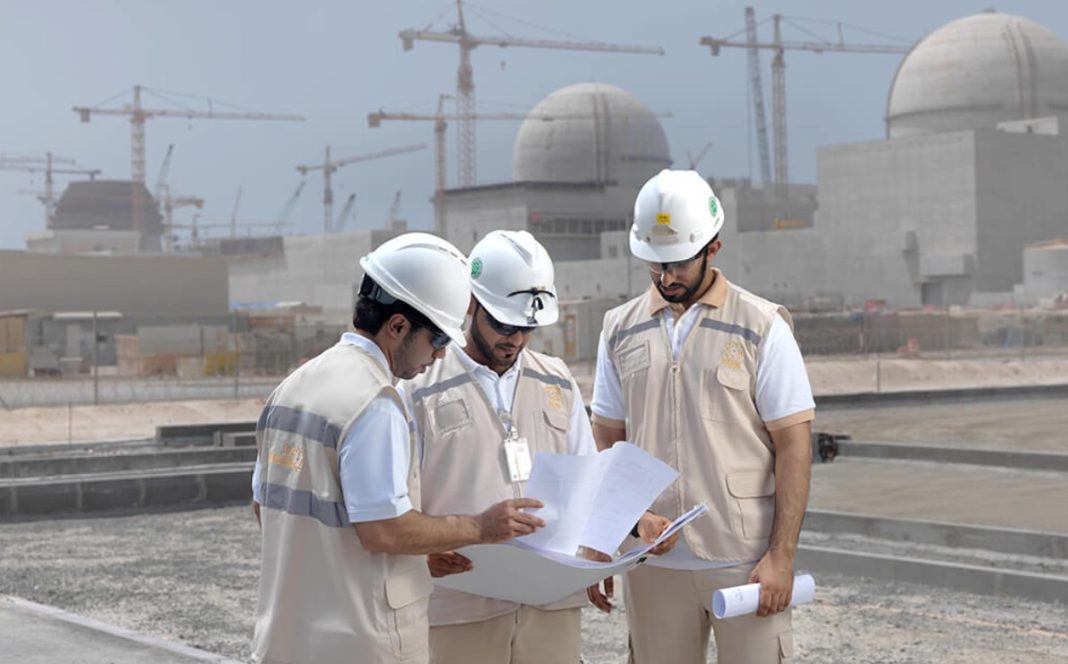From energy to emergencies, nuclear safety measures work silently to keep country secure
FANR regulates the use of radiation in hospitals to ensure patient and staff safety during diagnostic and therapeutic procedures.Supplied
Dubai: From overseeing medical radiation safety to preparing for nuclear emergencies, the UAE’s nuclear regulator is quietly playing a big role in protecting residents’ lives every day.
The Federal Authority for Nuclear Regulation (FANR) has published its 2024 Annual Report, detailing a wide range of safety and security initiatives that affect daily life across the country, even if most people don’t see them.
With nuclear power now supplying a quarter of the UAE’s electricity, FANR’s work is vital to ensuring that energy is not only reliable but also safe. In fact, the authority carried out over 580 inspections in 2024 across nuclear plants, hospitals, transport vehicles, and even major public events.
Preparing for the unexpected
Among its most impactful initiatives this year was the launch of TAHYAA, a national programme developed with the Ministry of Interior that trained nearly 3,000 first responders to deal with nuclear and radiological emergencies.
FANR also launched the IONS (Intelligent Operational Nuclear Safety) system, designed to bolster nuclear plant safety against risks from climate change, a growing concern for many countries. IONS is expected to support the UAE’s efforts to achieve its net zero goals by ensuring the safe operation of nuclear facilities.
Powering homes, securing hospitals
At the Barakah Nuclear Power Plant in Abu Dhabi, which now generates 25% of the country’s electricity, FANR conducted 20 safety inspections to check everything from operations to staff certification.
FANR regulates the use of radiation in hospitals to ensure patient and staff safety during diagnostic and therapeutic procedures. Its radiation safety inspections also covered 210 sites, including 106 medical facilities, ensuring the equipment that supports life-saving treatments meets strict safety standards.
Safety on the move
FANR’s role often goes unnoticed by the public, but its work affects everyone. The authority inspected vehicles transporting radioactive sources, checked cross-border shipments, and worked with the National Guard Command to safeguard nuclear facilities. It also supervised safety at large-scale events, where public exposure to radiation must be tightly controlled.
To protect the public and the environment, FANR conducts annual campaigns to recover orphan radioactive sources. By raising awareness among scrap dealers and engaging national entities, FANR ensured the safe recovery of such sources, thereby mitigating potential risks.
On the global stage, FANR contributed to international nuclear standards through its participation in the IAEA and United Nations. It also hosted emergency preparedness drills with neighbours like Saudi Arabia.
Emirati talent and innovation
Innovation remains central to FANR’s mission. In 2024, it appointed a Chief AI Officer and joined the Zero Government Bureaucracy Programme to streamline its operations. A standout achievement was the release of the first GCC white paper on radiological protection, signalling the UAE’s leadership in regional nuclear safety and science.
Meanwhile, FANR continues to build local capacity, with 76% of its staff being Emirati and 45% women. Through scholarships and leadership programmes, it is nurturing the next generation of nuclear regulators.
By: UAE: New FANR report reveals how nuclear safety protects daily life of residents






